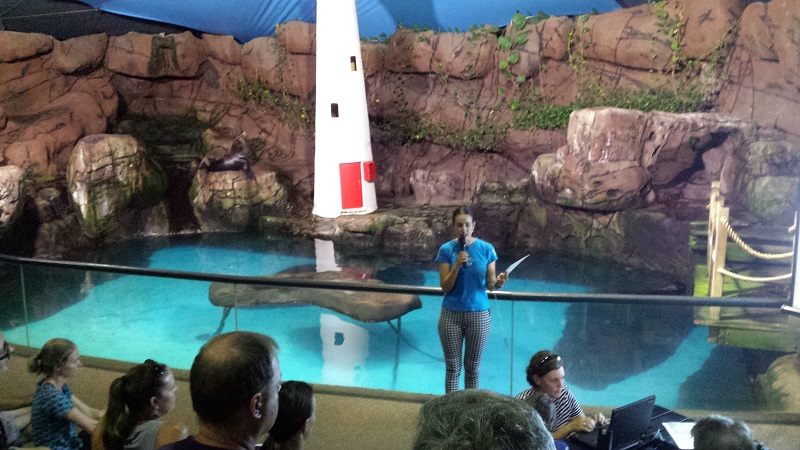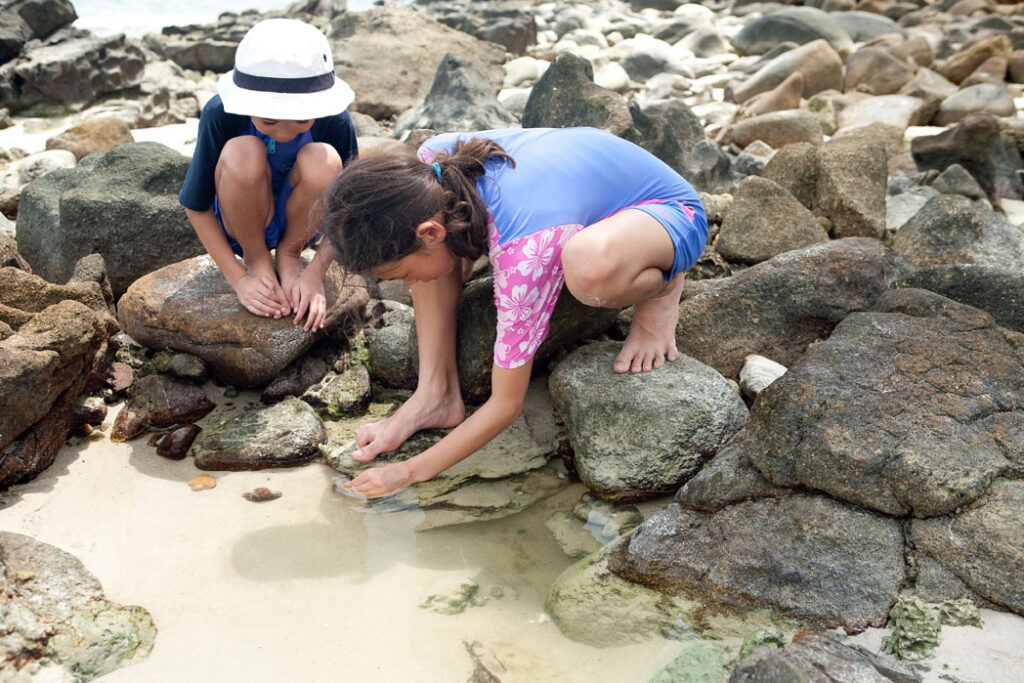
Coastcarers are marine legends. They dedicate their time and energy to protecting our beautiful coastline. Many of us will visit Queensland’s beaches over the Summer holidays. You can do your bit to celebrate Coastcare Week this summer holiday by combining your trip with a mini beach clean or simply by making little changes to your day that will make a big difference. Remember, tiny ripples make big waves!! Here is some useful information to guide you into Celebrating Coastcare Week.
What is Coastcare Week?
Coastcare are volunteer groups made up of Aussies who want to play a part in protecting our incredible coastal and marine enviroments. They are just like you and me, one person, joined together to make a significant force of 500 groups accross Australia. 500 groups that make a big difference through long-term, practical solutions for environmental issues in their local area. Coastcare week is an annual campaign celebrating these community groups around Australia.
When is Coastcare Week
Coastcare Week runs throughout the first week of December each year.
Coastcare Projects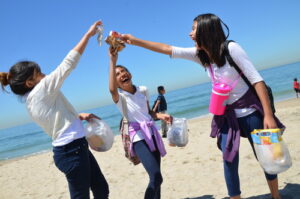
Coastcarers get active, tackling coastcare problems such as: dune protection, revegetation of native coastal environments, protection of endangered coastal species habitats, prevention of storm water pollution, weed and non-native plant removal, control of human access to sensitive and vulnerable areas and education programs.
Get Involved – Join Coastcare
To join a group, check out the Coastcare website
You don’t have to join a group to make a difference. Here are our top tips on how to protect Queensland’s beaches this holiday as part of your day out.
TOP TIPS…
Enjoy exploring the rockpools!
Learning all about the marine environment will inspire you to want to protect it and all that lives there.
Take a bag with you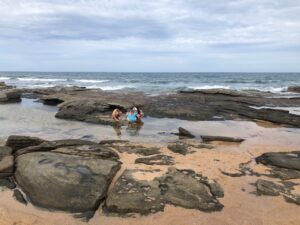
Collect rubbish and plastic marine debris as you walk. Every piece of plastic removed from the marine environment can save an animal’s life and reduce microplastics in the ocean.
Have a competition to see who’s collected the most rubbish
It’s disappointing that the beaches are littered but there’s no harm in making cleaning them fun!
Keep to walking tracks
This protects the vegetation that provides habitat for birds and animals. It also prevents erosion.
Keep your dog on a lead
Especially on dunes with vulnerable vegetation.
Look out for birds and animals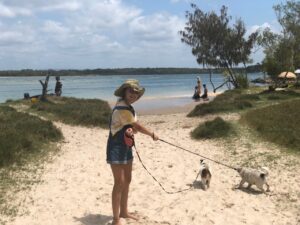
Try not to disturb them and make sure your dog leaves them in peace too!
Avoid and reduce plastics
Plastic has a habit of blowing around. If you don’t use it or take it to the beach, it can’t go astray and harm marine animals.
Have fun and feel good!
Enjoying the beach will make you feel good…and caring for it along the way will make you feel even better.
Here’s a great guide to our local rockpools…
Sunshine Coast Rockpool Identification Guide
More useful info…
How to Get Involved in a Beachclean
Xmas Beach Activities


